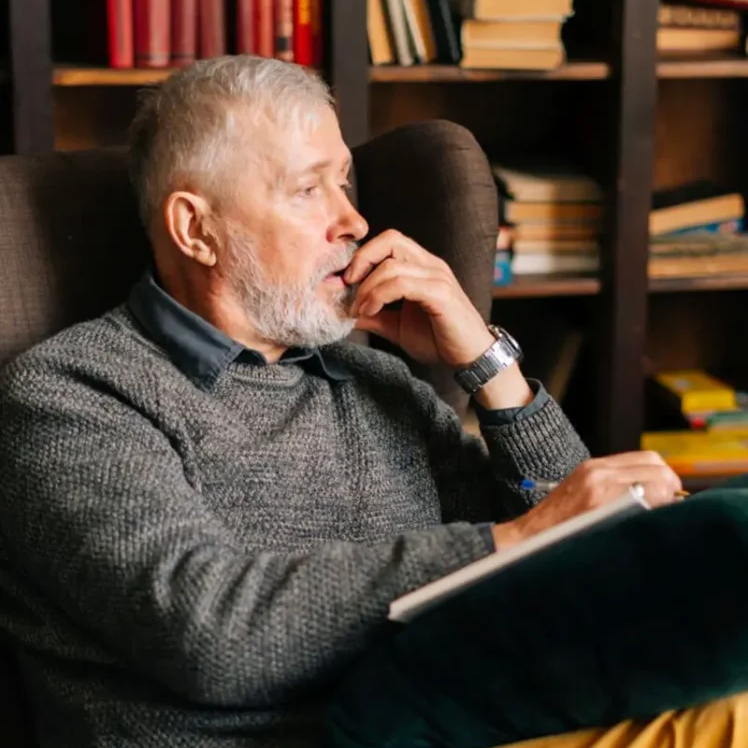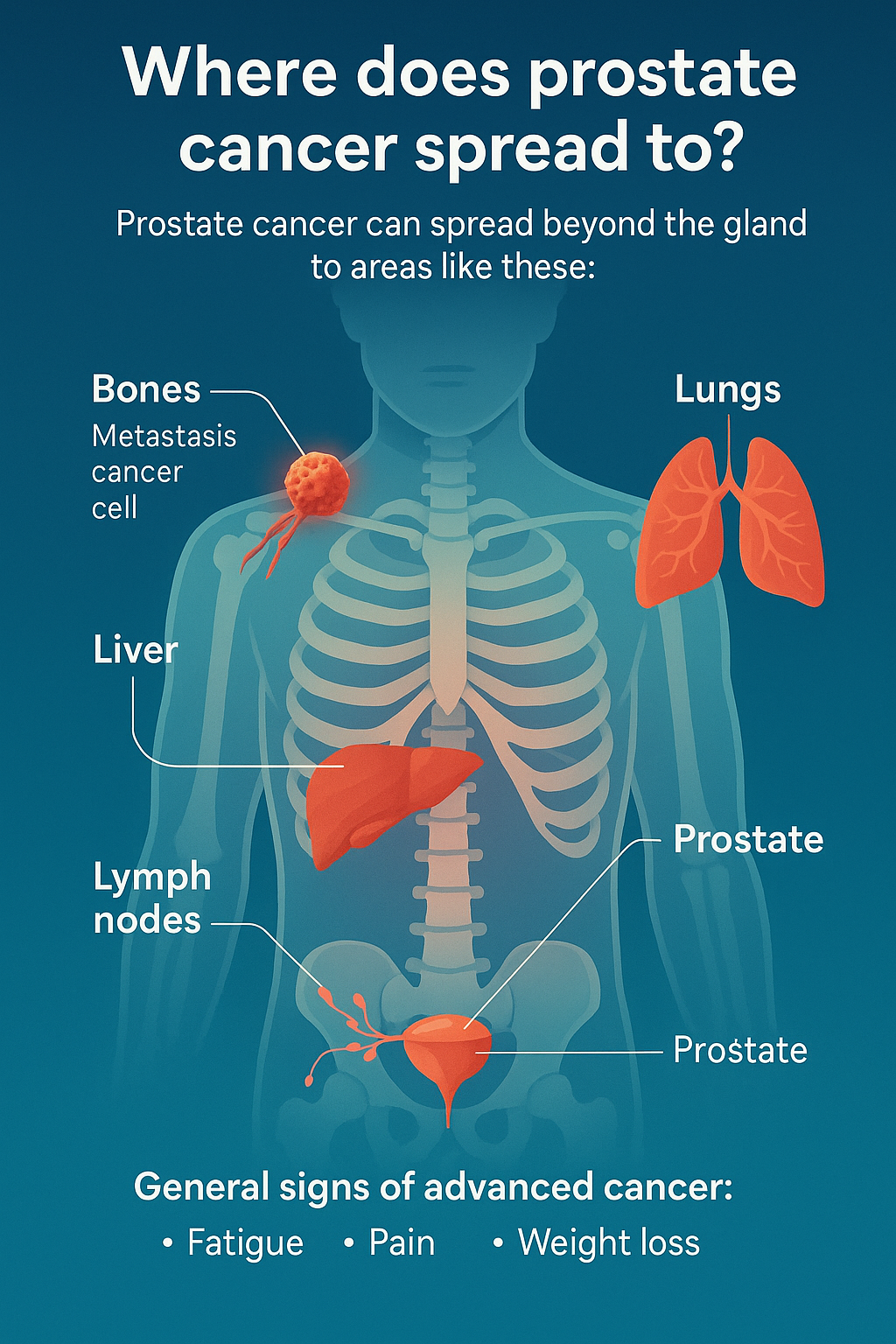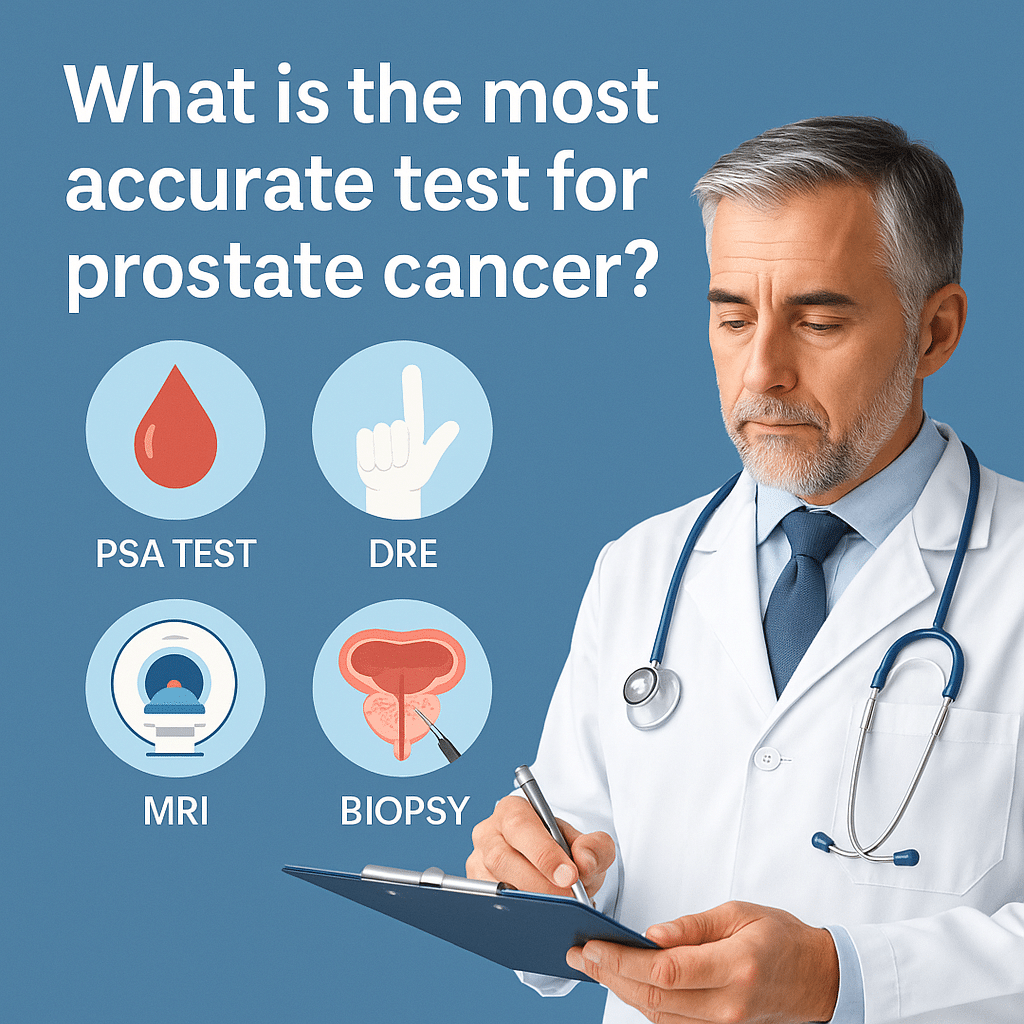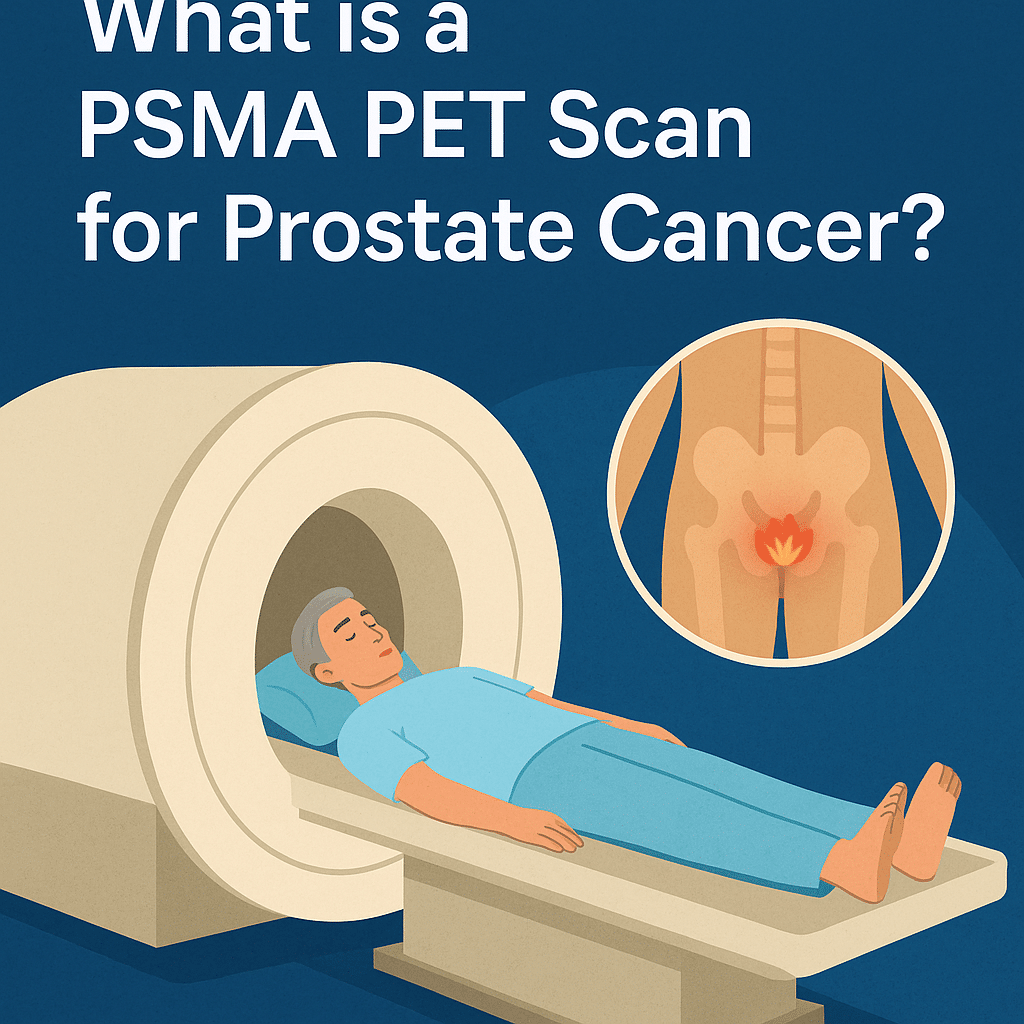The Emotional Impact of Prostate Cancer on Mental Health
1 in 8 men will be diagnosed with prostate cancer during their lifetime. If you are Black, this increases to 1 in 4. Despite it being relatively common. the toll a cancer diagnosis can take on you can come as a surprise. Something that is rarely discussed is the emotional toll it can take, compared with a physical one.
Every consultant at The Focal Therapy Clinic has seen first-hand how a prostate cancer diagnosis can affect you and your family and friends’, mental health. We know that it can be difficult to share that you are struggling with Mental Health. That’s why at every consultation, we are here to support you in making a confident decision about your treatment.
“Active surveillance may be highly effective in monitoring cancer, but for me, it was doing my head in — constantly worrying, not sleeping properly, and with my mind taking me to some very dark places.”
Perry Letcher
Partner of one of our Focal Therapy Clinic patients
How Focal Therapy can help deal with the anxiety surrounding a prostate cancer diagnosis.
Prostate cancer survivors face a significantly higher risk of depression compared compared to men with other forms of cancer.
Focal therapy can improve mental health by reducing the anxiety men often feel when faced with the difficult choice between effectively treating cancer and risking sexual or urinary side effects, offering a less compromising treatment option.
Active surveillance and watchful waiting are advised for people with prostate cancer that’s early stage and not very aggressive, or that have other conditions that are more likely to cause them problems in the future. You might feel reassured that you don’t currently have life-threatening prostate cancer. However, we have heard that for some people, knowing they have cancer that’s not being treated causes considerable stress and anxiety.
Not everyone is suitable for focal therapy treatments. However, if you’re on active surveillance or watchful waiting, a second opinion could provide some reassurance that you are on the most appropriate treatment plan. If your prostate cancer is visible on an MRI, it could be treated.
You could be suitable for focal therapy if you have early stage, intermediate prostate cancer that is localised, and have been scheduled for a prostatectomy. Different focal therapies, such as HIFU or NanoKnife, are most suitable depending on where your tumour is located within your prostate cancer gland.
Questions to ask your doctor

To determine if you are a good candidate for focal therapy, here are the key factors to consider:
-
Cancer Stage and Grade
Focal therapy is most suitable for men with early or intermediate-stage prostate cancer.
Ideal candidates have a Gleason score of 7 or lower (Grade Groups 1–3), indicating low- to intermediate-risk cancer. -
Tumour Location and Size
The cancer should be confined to the prostate and visible on an MRI.
It works best for single, localised tumours rather than multi-focal or large tumours. -
PSA Levels
Candidates typically have a PSA level of 20 ng/mL or lower. -
No Evidence of Spread
The cancer must not have spread to lymph nodes, bones, or other areas. -
Overall Health
Your general health and fitness are important to ensure the safety and success of the treatment. -
Preference for Less Invasive Treatment
Focal therapy is ideal for men who want to avoid the side effects of surgery or whole-gland radiation.
If you meet these criteria, you may be a good candidate. However, eligibility requires further assessment through tests like an MRI, biopsy, and possibly a PSMA PET CT scan to confirm the cancer’s size, location, and aggressiveness.
Yes, focal therapy is available at The Focal Therapy Clinic. The clinic specialises in advanced, minimally invasive treatments like HIFU (High-Intensity Focused Ultrasound) and NanoKnife. These treatments target cancer precisely while preserving healthy prostate tissue, reducing side effects like incontinence and erection problems.
Experience of the Team
- The clinic’s urologists are among the most experienced in the UK, with over 20 years of expertise in focal therapy.
- They use cutting-edge MRI-US fusion technology for precision treatment.
- Clinical results are excellent, with 90% of men being free from clinically significant prostate cancer one year after treatment.
- Side effects are minimal, with less than 2% experiencing incontinence and 95% maintaining erectile function.
The team includes world-leading specialists like:
- Mr. Tim Dudderidge (Southampton and South West)
- Mr. Marc Laniado (London and West Country)
- Mr. Raj Nigam (London, South East, and Scotland)
- Mr. Alan Doherty (Midlands and North of England)
If you’re considering private treatment, The Focal Therapy Clinic offers faster access and highly experienced consultants.
Focal therapy can often be repeated if prostate cancer comes back. Around 1 in 5 men may need another treatment after their initial focal therapy. This is because focal therapy targets only the visible cancer, preserving the rest of the prostate.
If cancer recurs, retreatment with focal therapy is a common option. It allows for precise targeting of new or remaining cancer while still avoiding the side effects of more invasive treatments. Additionally, having focal therapy doesn’t rule out other treatments like surgery or radiotherapy in the future, giving you flexibility in managing your cancer.
The success rates and side effects of focal therapy depend on your specific case, such as your Gleason score, PSA level, and tumour location. Here’s a general overview:
Success Rates
- Cancer Control: 88% of men avoid further treatment (like surgery or radiotherapy) for at least 5 years after one or more HIFU sessions.
- Survival: 98% have no cancer spread, and 99% are still alive overall.
- Gleason 6 or 7 Cancers: Success rates are even higher for these lower-risk cases.
Potential Side Effects
- Urinary Control: Only 2% of men need a pad for leaks.
- Erection Problems: Rare, with most men maintaining function.
- Temporary Symptoms: Mild discomfort, increased urination, or blood in urine for a few days.
- Incontinence: Very rare (<2%) and only for a short period.
- Repeat Treatment: Around 25% may need another session later.
Focal therapy is designed to treat cancer effectively while preserving your quality of life.
After focal therapy, follow-up care is essential to monitor your recovery and check for any signs of cancer returning. Here’s what you can expect:
Follow-Up Schedule
- PSA Tests:
Every 3 months during the first year to track progress. - MRI Scans:
Typically done at 9–12 months to confirm all cancer has been removed. - Biopsy:
Only if the MRI scan shows something unusual. - Regular Checks:
Monitoring urinary and sexual function to ensure recovery is on track.
This schedule helps catch any signs of recurrence early. If cancer does return, further focal therapy or other treatments like surgery or radiotherapy remain options.
Frequently asked questions
It’s completely normal to feel concerned about how prostate cancer might affect your mental health. Localised prostate cancer, while treatable, can bring emotional challenges.
Common Mental Health Impacts:- Anxiety and Uncertainty: Many men feel anxious about their diagnosis and treatment options. Waiting for test results or deciding on treatments can heighten this.
- Fear of Progression: Even with localised cancer, some worry about missing the chance for successful treatment, especially during Active Surveillance.
- Treatment Side Effects: Hormone therapy, sometimes used to manage cancer, can cause mood swings, hot flushes, and tearfulness, adding to emotional strain.
- Depression: Studies show that treatments like radiotherapy can lead to depression in some men, with up to 1 in 20 experiencing severe depression six months after treatment.
- Cognitive Challenges: Hormone therapy may cause cognitive changes, though modern agents reduce this risk.
- Social and Emotional Strain: Prostate cancer can affect relationships and reduce participation in social activities, impacting both patients and their partners.
- Mental Health Services: Accessing mental health support can help manage anxiety and depression. Around 15% of partners also feel they’d benefit from professional help.
- Innovative Tools: Emerging technologies, like virtual reality, are being explored to support emotional wellbeing during treatment.
Yes, it’s completely normal to feel anxious or depressed during prostate cancer treatment. Many men experience emotional challenges at different stages of their journey.
Why Anxiety and Depression Happen:- Before Treatment: Anxiety often increases before treatment due to uncertainty about outcomes and side effects.
- During Treatment: Anxiety tends to dip slightly during treatment as you focus on the process, but it doesn’t disappear entirely.
- After Treatment: Depression and anxiety can rise again post-treatment, especially if you’re adjusting to side effects or worrying about recurrence.
- Radiotherapy and Hormone Therapy: These treatments, especially for advanced cancer, are linked to higher levels of anxiety and depression. Hormone therapy can also cause mood swings and emotional changes.
- Active Surveillance: Men on Active Surveillance often report higher anxiety levels due to ongoing monitoring and uncertainty about when or if treatment will be needed.
- Information and Support: Understanding your treatment and its effects can reduce anxiety. Talking to your doctor or a mental health professional can help.
- Holistic Approach: Focusing on overall wellbeing, including physical health and mental strategies, can improve your quality of life.
Remember, these feelings are common, and support is available.
It’s great that you’re thinking about opening up to your partner. Talking about your feelings can help you both feel more connected and supported during this journey. Here are some tips to guide the conversation:
-
Choose the Right Time and Place
- Find a quiet, private moment when you both have time to talk without interruptions.
- Make sure you’re both in a calm and relaxed state.
-
Be Honest and Open
- Share your feelings, even if they’re difficult to express. It’s okay to admit if you’re feeling scared, anxious, or uncertain.
- Use “I” statements to focus on your emotions, like “I’ve been feeling worried about…” rather than “You don’t understand…”
-
Encourage Two-Way Communication
- Ask your partner how they’re feeling too. Many partners also experience emotional challenges, and sharing can help you both feel less alone.
- Let them know it’s okay to express their fears or concerns.
-
Acknowledge the Impact on Your Relationship
- Prostate cancer can bring changes to your relationship, including intimacy and roles. Talking openly about these changes can help you navigate them together.
- Remember, intimacy is broader than just sex. Maintaining closeness through touch, affection, and shared time is vital.
-
Seek Support Together
- Consider joining a support group for couples dealing with prostate cancer. Hearing from others in similar situations can be reassuring.
- Professional counselling or psychosexual therapy can provide tools to navigate emotional and relationship challenges.
-
Be Patient with Each Other
- It’s normal for emotions to fluctuate. Give yourselves time to adjust and process your feelings.
- Building a support network can help both of you feel less isolated. This could include friends, family, or online communities.
- Counselling services and peer support groups, like those offered by Prostate Cancer UK or Tackle Prostate Cancer, can provide safe spaces to share experiences.
Opening up can feel daunting, but it’s a step toward strengthening your bond and facing this journey together.
It’s completely normal to wonder how your mental health might change after treatment. Many men experience a mix of emotions during and after their prostate cancer journey. Here’s what we know:
Mental Health Changes After Treatment- Anxiety and Depression: Anxiety often decreases during treatment but can rise again afterward. This is common as you adjust to life post-treatment and deal with follow-up tests or concerns about recurrence.
- Emotional Recovery: Many men feel relief once treatment is complete, but it can take time to process the emotional toll of the experience. Some may feel a sense of loss or uncertainty about what comes next.
- Treatment-Specific Impacts:
- Focal Therapy: Recovery is usually fast, which can reduce anxiety.
- Hormone Therapy (ADT): Can sometimes lead to cognitive changes or mood swings.
- Surgery: Issues with incontinence and erectile function can persist longer than expected.
- Talk About Your Feelings: Sharing your emotions with loved ones or a counsellor can help you process your experience.
- Stay Active: Exercise has been shown to improve mood and reduce anxiety in men with prostate cancer.
- Seek Professional Support: If you’re struggling, mental health professionals can provide tailored strategies to help you cope.
- Join Support Groups: Connecting with others who’ve been through similar experiences can be reassuring and empowering.
A Positive Outlook: While mental health challenges are common, many men find that their emotional well-being improves over time, especially with the right support. Remember, recovery is not just physical but emotional too.
Learn more about Focal Therapy and Prostate Cancer
Where does prostate cancer spread to?
What is the most accurate test for prostate cancer?
What is a PSMA PET scan for prostate cancer?
Any questions?
If you’ve got any questions about your prostate cancer diagnosis or want to know more about HIFU or NanoKnife, don’t hesitate to get in touch with our friendly, knowledgeable team.
Contact the team
Reference List
Ahmed HU et al. (2015). Focal therapy for localized prostate cancer: a systematic review of the literature. Nature Reviews Urology.
Ganzer R, Fritsche HM, Brandtner A, et al. (2017). Five-year outcome of HIFU treatment for localized prostate cancer. Urologia Internationalis.
The Focal Therapy Clinic – Prostate Cancer Treatments (Internal Resource).
NHS Resources on Prostate Cancer (Internal/External Resource).






